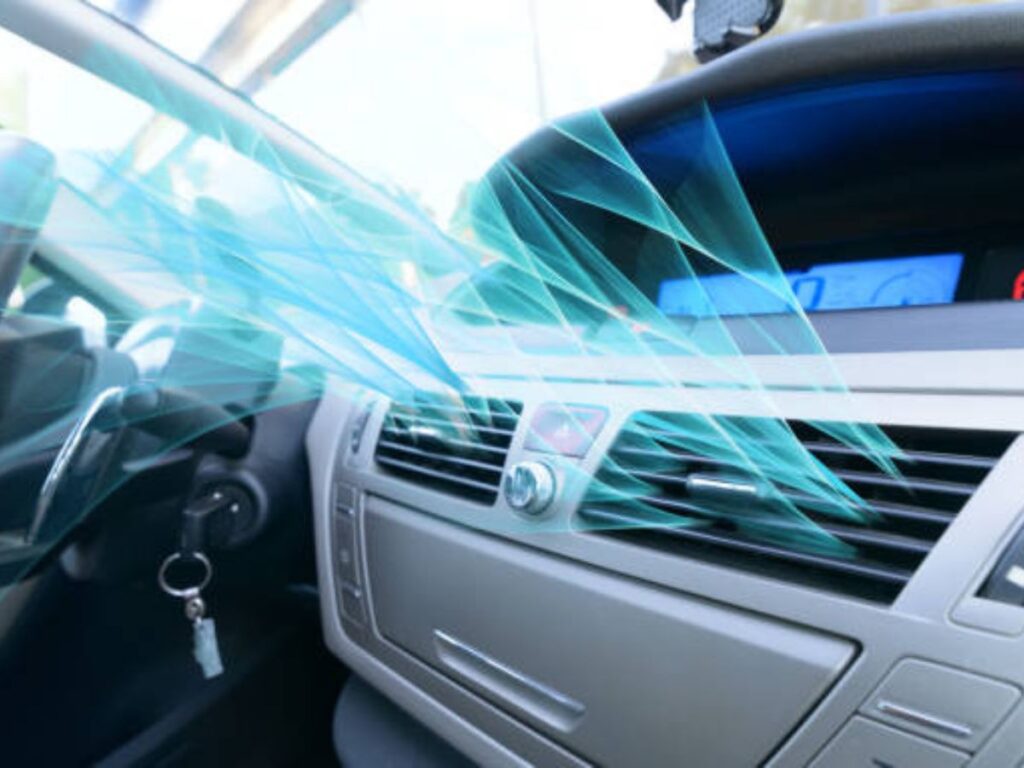Whether you are seeking to upgrade existing hard discs or purchase a new desktop or laptop, you should make an informed decision when it comes to storage. Here we perform hard drive comparisons for your convenience and rank the pros and cons of HDD, SSD, and SSHD so you can decide which to use and when.
To help you comprehend the differences between HDD, SSD, and SSHD, let’s learn more about these storage technologies. As the three of them are used for various events, the usability of SSHD, SSD, HDD and differs depending on the necessity.
The disk you use depends on the price, file sizes, and the amount of data you want to save or transfer. You will get to know more information by reading the text below as there are definitions, pros, and cons of each drive below to help you make a decision.
Another question regarding computers and laptops is what is a hypervisor? The answer to this question is that it is a computer software or hardware that allows you to run multiple virtual machines. It relates to the functioning of SSHD, SSD, and HDD.
Table of Contents
ToggleDifference Between HDD Vs SSD Vs SSHD
· Hard Disk Drive (HDD)
Definition
The acronym “HDD” stands for “hard disc drive.” Since very long ago, HDDs have been available. It has an automated arm that moves to write and read data in certain locations. It takes time for HDD to wander around and get any needed data if the user wants it, hence this slows down information retrieval.
What is HDD storage? The computer’s hard disc drives (HDD), which store data, are an essential part of the machine. Most laptops and desktops keep their installed apps, data files, programs, and operating systems in this area, which is also where most of their other data is stored by default.
The moving mechanical components that make up an HDD generate a lot of heat and noise. To read and write data, hard disc drives employ a rotating disc inside of them. These complicated mechanical drives are called drives. To put it simply, retrieving information from an HDD takes physical movement.
Advantages
- When it comes to read and write cycles, HDDs have a longer life.
- HDDs are widely used and simple to find in any marketplace or location.
- HDDs have a substantial amount of storage space.
- HDD is simple to purchase because it is not very pricey.
Disadvantages
- HDD consumes more energy.
- While operating, it makes noise.
- The power consumption of HDD is high.
- The size of the HDD is enormous and clumsy. Therefore, it is not compatible with portable electronics like smartphones, tablets, or compact laptops.
- To obtain the information, it must move around, which slows down the performance of the HDD.
- Because HDDs have moving parts, any component could fail at any time.
Solid-State Drives (SSD)
Definition
SSD stands for a solid-state disc. Instead of the rotating magnetic discs seen in conventional hard discs, this storage device is made completely of memory chips. Solid-state drives are among the most widely used storage devices in use today.
They are the most recent generation of storage discs. HDDs have fallen out of favor in the market with the development of SSDs. Solid-State Drives contain no moving parts and save data on “flash” memory chips that are not volatile.
It operates similarly to a USB flash drive and uses integrated circuits to store all data. However, it has a far higher storage capacity and processes information much more quickly. Modern laptops are primarily equipped with this relatively new storage technology.
Advantages
- Less power is consumed.
- In SSD, there is no data overwriting.
- SSDs are dependable and long-lasting since they don’t have any moving parts, which reduces the likelihood of failure.
- Since SSD has no moving parts, it is quick.
Disadvantages
- Due to the finite number of writes that may be made to its flash memory, SSDs have a shorter lifespan.
- Since SSDs are not readily available, they are difficult to find in the market.
- It has a small and constrained amount of memory.
- If money is an issue, purchasing SSD is pricey.
· Solid-State Hybrid Drives (SSHD)
Definition
SSHD is a hybrid drive that combines SSD and HDD components. The best option for performance and storage that is also within your means is SSHD. SSHD offers you the same amount of storage as an HDD and the same level of operation as an SSD.
It has a small quantity of quick solid-state storage that is integrated into a conventional spinning hard drive. Instead of the rotating magnetic platters found inside a conventional hard disc, a solid-state drive, or SSD, is a storage system constructed completely of memory chips.
It functions somewhat similarly to a USB thumb drive’s storage, but considerably more quickly. The compact and quick NAND flash memory has been merged. For lightning-fast performance, the SSHD uses SSD. It incorporates the HDD’s great capacity and dependability.
Advantages
- Since SSHD is reasonably priced, you can simply purchase it while staying within your spending limit.
- The SSHD is substantially more durable.
- The documents and information that you commonly use are readily accessible.
- Parts move more slowly, and it spins less.
- Due to their rapid speed and enormous storage capacity, SSHD drives are more dependable in usage.
Disadvantages
- If SSHD is dropped or exposed, the fragile material from which the HDD section is formed has the potential of being damaged.
Solid State Drive Vs Hard Drive – Which One is Better?
Hard Drive vs. SSD – what to choose? HDDs are conventional data reading and writing storage devices with rotating platters. HDDs are more affordable, offer greater storage space, and make it simpler to retrieve lost or corrupted data. Data is now stored on memory chips that can be accessed instantly on SSDs thanks to more contemporary technologies. SSDs are more dependable, quicker, quieter, smaller, and use less energy.
Summing it up
The question of SATA vs. SSD vs. NVMe. is answered in the above article. However, to be precise, here are some suggestions on which drive you should buy. Depending on your needs, the ideal choice may change.
- SSHD is the most recent technology, so if you want to examine it and explore new things, choose SSHD. You can get a combination of hard disc and flash memory with SSHD. Purchasing an SSHD might be a suitable choice if your budget is limited and your expectations are high.
- If performance and speed are your main concerns, SSD is the best option. The issue with SSDs is that they come in a small range of storage capacities and are very pricey.
- HDD is the way to go if you are worried about storage. A hard-disk drive would be a better choice if you want to store large amounts of data without paying a fortune.



